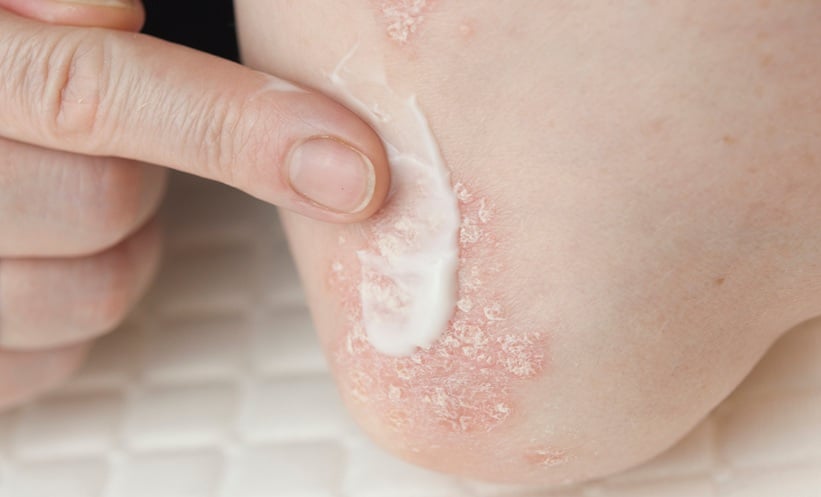BIOLOGIC therapies targeting IL-17 and IL-23 have transformed the treatment landscape for plaque psoriasis, but questions remain about how these therapies perform in elderly patients compared to younger adults. A new real-world study offers valuable insights, demonstrating that while older patients may experience a slower initial response to treatment, they ultimately achieve long-term outcomes comparable to their younger counterparts.
This retrospective analysis involved 121 patients with moderate-to-severe plaque psoriasis who were treated with IL-17 or IL-23 inhibitors, specifically secukinumab, ixekizumab, guselkumab, or risankizumab. Patients were divided into two groups based on age: those younger than 65 years (n = 78) and those aged 65 or older (n = 43). Researchers assessed Psoriasis Area and Severity Index (PASI) responses, specifically PASI75, PASI90, and PASI <2, at multiple time points (12/16, 24, and 52 weeks), alongside drug survival up to 24 months. At the early 12/16-week mark, younger patients achieved significantly higher response rates across all PASI measures. PASI75 was achieved by 90.5% of younger patients compared to 65.1% of older patients (p = 0.010), and PASI90 rates were similarly higher (75.7% vs. 32.6%, p = 0.030). However, by Week 52, these differences leveled out, with elderly patients showing PASI75 and PASI90 rates that approached those of younger patients (97.5% vs. 86.3%, p = 0.055; 90% vs. 78%, p = 0.112, respectively). Drug survival rates remained high across both age groups, with 79.6% of younger patients and 90.3% of older patients maintaining therapy at 24 months (log-rank p = 0.407). Importantly, no significant differences emerged between IL-17 and IL-23 inhibitors in either age group regarding drug survival or PASI outcomes. Predictors of treatment discontinuation included female sex (HR 0.23, p = 0.005) and higher baseline PASI scores (HR 1.093 per point, p = 0.013), whereas age, biologic class, BMI, and prior biologic use were not significant factors. These findings suggest that while elderly patients with psoriasis may experience a delayed early response, long-term treatment with IL-17 and IL-23 inhibitors remains highly effective and durable. This real-world evidence supports the confident use of biologic therapies in older adults, offering reassurance to clinicians managing this patient population. Reference: Zangrilli A et al. Efficacy and Safety of IL-17 and IL-23 Inhibitors in Elderly Patients With Plaque Psoriasis: A Real-World Study. JAMA Dermatol. 2024;160(4):380-389.







